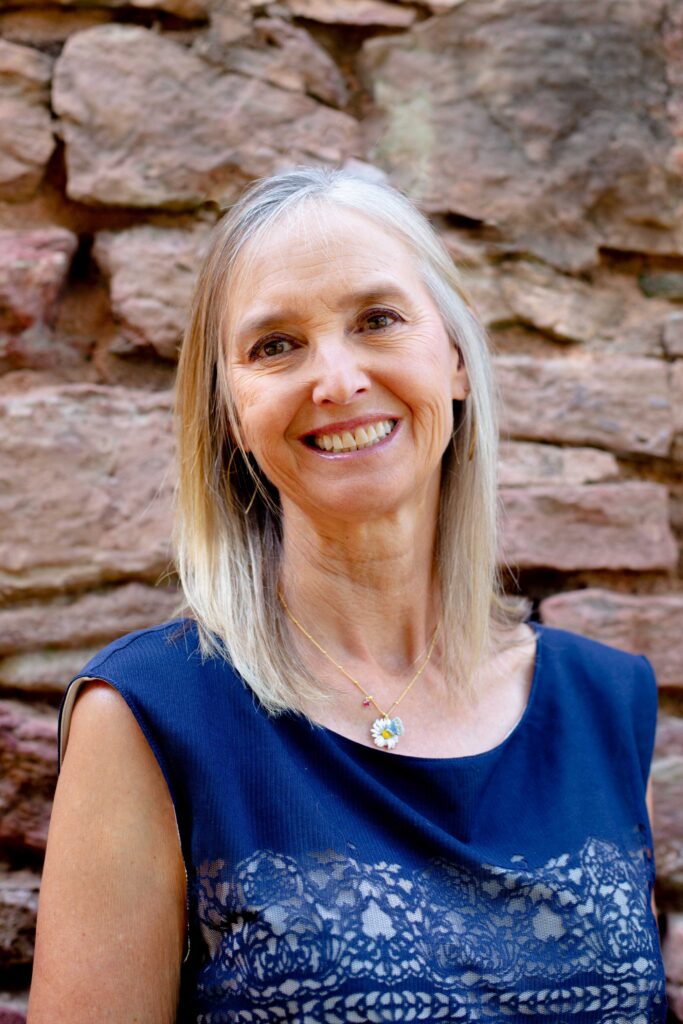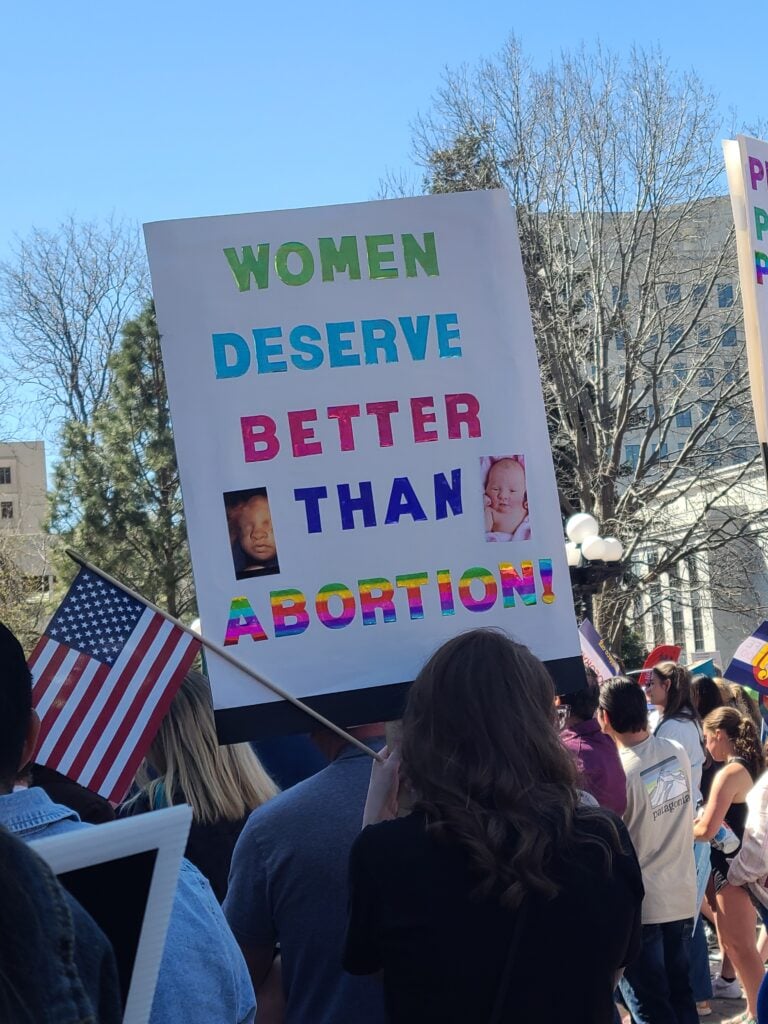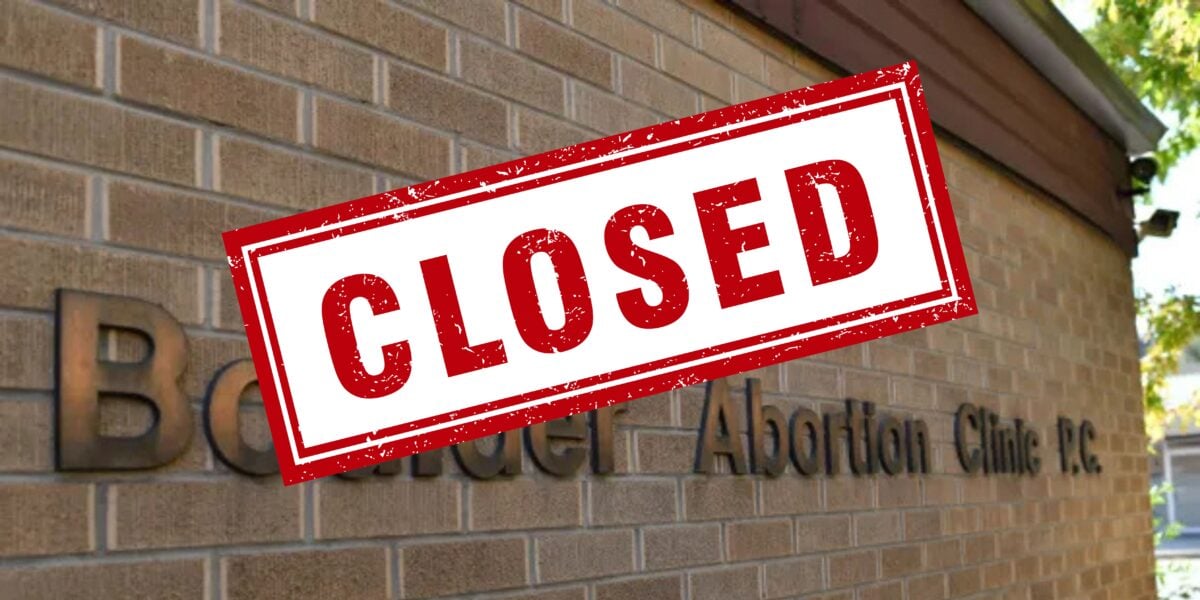Abortion training is now a standard part of OB-GYN education, with the American College of Obstetricians and Gynecologists (ACOG) requiring it while allowing doctors to opt out for moral reasons. In their efforts to “destigmatize and integrate abortion training,” ACOG has placed growing pressure on doctors like Dr. Catherine Wheeler, for whom opting out is a courageous stand against the reproductive health care system.
From Opting Out to Opting In
In 1996, ACOG made a significant change to its training guidelines, requiring all OB-GYN residency programs to include abortion training. The only exception? Doctors could opt out for moral or religious reasons. This marked a shift from earlier decades when abortion training was an optional opt-in process.

Dr. Catherine Wheeler, an OB-GYN who once performed abortions, reflects on this change. During her training in the 1980s, she had to opt in to receive abortion training. At the time, doctors framed abortion to her as a fundamental women’s rights issue. They portrayed doctors as the only ones who could help women in desperate situations.
Treating Two Patients as One
Despite ACOG’s efforts, only 14% of practicing obstetricians perform abortions. Why? It’s difficult to convince doctors—who are trained to treat two patients during pregnancy—to focus on only one while abandoning the other. This goes against the principles of the Hippocratic Oath, which obligates physicians to “do no harm.”

Opting out of abortion training implies that participation is the default—something expected of you. ACOG has made it clear that abortion is now considered “essential reproductive healthcare.” Choosing to opt-out means pushing back against that narrative, a choice that requires significant moral and professional courage.
The Importance of Standing Firm
Dr. Wheeler believes that the timing of abortion training in residency is no accident. “It appears to me now that they are very intentional about waiting until you will do what’s expected of you in medicine. It’s in residency that they have it written in as essential healthcare.”

Her advice to healthcare professionals? Decide your moral boundaries before entering medical school. “You have to be grounded and decide before you step into the surgery room that you won’t do it,” she says.
Abortion Care is Expanding
The fight against abortion’s normalization in healthcare is far from over. ACOG continues to expand its abortion training initiatives, enlisting not just OB-GYNs but also Family Medicine (FM) and Internal Medicine (IM) doctors, midwives, nurse practitioners, and even pharmacists to prescribe abortion pills through new pilot programs.
In December 2024, California committed $18 million to accelerate abortion training through the Reproductive Health Care Access Initiative. This funding extends beyond OB-GYNs, including physician assistants (PAs) and other practitioners. Medical abortion—using pills rather than surgical procedures—has opened the door for doctors without specialized reproductive care training to provide abortions. Additionally, the University of Illinois College of Nursing was one of three organizations chosen to receive $2 million in funding from the state’s public health department to enhance abortion training programs.
Meanwhile, in Maryland, the state health department has provided over $10 million to the University of Maryland for training new abortion providers. This initiative includes expanding training to specialties like emergency room doctors and pediatricians, areas that don’t traditionally focus on abortion care.
Join Us in Supporting Life-Affirming Doctors
As abortion care continues to be pushed further into the healthcare system, the pressure on medical professionals to conform will only grow. Those who opt out require immense courage, conviction, and a firm grounding in their moral beliefs.
Join us in supporting more life-affirming clinics and empowering doctors like Dr. Wheeler to share the truth about abortion within the medical community.













